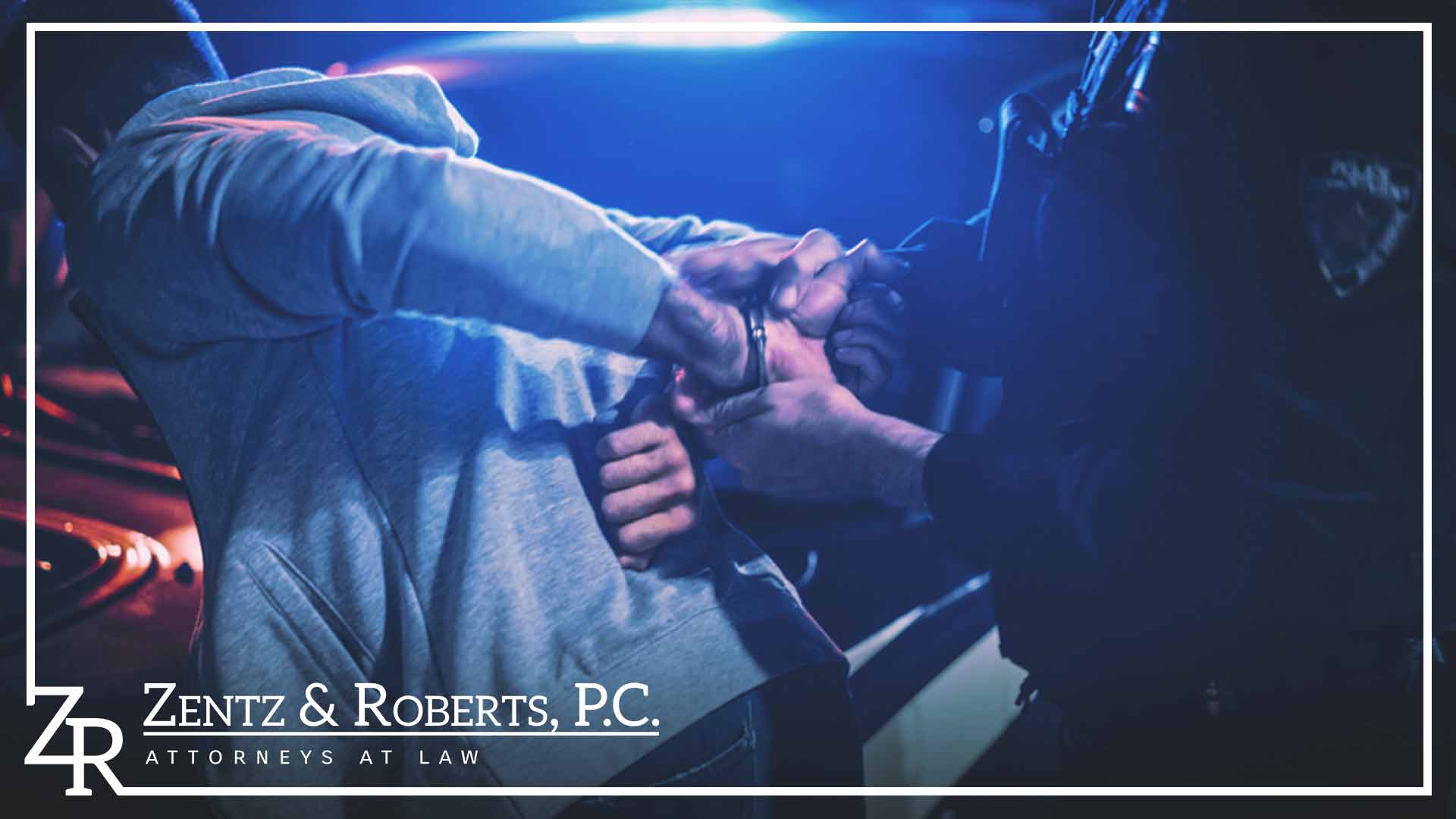Being questioned by the police can be an intimidating experience, especially if you find yourself in police custody. It’s crucial to understand your rights during an interrogation to protect yourself from potential self-incrimination or other legal consequences. In Indiana, Miranda Rights serve as a safeguard, making individuals aware of their constitutional rights before custodial interrogation.
Understanding Miranda Rights
The Miranda Rights stem from the landmark Supreme Court case Miranda v. Arizona in 1966. This ruling established that individuals must be informed of their rights before being questioned by law enforcement. The purpose of these rights is to protect an individual’s Fifth Amendment right against self-incrimination and Sixth Amendment right to counsel.
In Indiana, as in other states, law enforcement officers are required to read the Miranda Rights to individuals in police custody and who are about to be interrogated.
The specific wording may vary slightly, but the core components of the Miranda Rights include:
- The right to remain silent: You have the right to refuse to answer any questions from law enforcement during an interrogation.
- Anything you say can be used against you in court: Any statements you make during an interrogation can be presented as evidence against you in a court of law.
- The right to an attorney: You have the right to have an attorney present during questioning, and if you cannot afford one, an attorney will be appointed to you at no cost.
- If you choose to answer questions without an attorney present, you can stop answering questions at any time: You can invoke your right to remain silent at any point during an interrogation, even if you initially agreed to answer questions without an attorney.
Invoking Your Miranda Rights


For example, you could say, “I am invoking my right to remain silent, and I want an attorney present before answering any questions.” Once you have clearly invoked these rights, law enforcement officers are legally required to stop questioning you until an attorney is present.
The Importance of Having an Attorney Present
While you have the right to answer questions without an attorney present, it is generally advisable to exercise your right to have legal representation during any custodial interrogation. A legal powerhouse from Zentz Law can protect your rights, advise you on how to respond to questions, and see that law enforcement officers follow proper procedures.
Our attorneys are familiar with interrogation tactics and can identify situations where law enforcement may be overstepping their boundaries or violating your constitutional rights. We empower you with strategic solutions to win your case, fueled by our fierce determination.
Consequences of Violating Miranda Rights
If law enforcement officers fail to read you your Miranda Rights before an interrogation, or if they continue questioning you after you have invoked your rights, any statements you make during the interrogation may be deemed inadmissible in court. This means that the prosecution may not be able to use your statements as evidence against you.
However, it’s important to note that the mere violation of Miranda Rights does not automatically result in the dismissal of charges or the exclusion of all evidence obtained during the investigation. The admissibility of evidence will depend on various factors, including the specific circumstances of the case and the extent to which your rights were violated.
If you believe that your Miranda Rights were violated during an interrogation, it’s crucial to consult with Zentz Law as soon as possible. Our legal powerhouses in the courtroom can evaluate the circumstances of your case and determine the appropriate legal strategy to protect your rights and challenge any potential violations.
Protecting Your Rights During Police Interrogation
Remember, you have the right to remain silent and the right to have an attorney present during any custodial interrogation in Indiana. Exercising these rights can help safeguard you against self-incrimination and ensure that your constitutional protections are upheld.
If you find yourself in police custody and facing interrogation, remain calm and respectfully invoke your Miranda Rights. Do not answer any questions until you have consulted with an attorney, as anything you say can potentially be used against you in court.
At Zentz Law, our experienced criminal defense attorneys are dedicated to protecting the rights of individuals facing criminal charges in Indiana. We understand the complexities of the legal system and the importance of upholding constitutional protections during police interrogations.
If you or a loved one has been subjected to a custodial interrogation or have concerns about potential violations of your Miranda Rights, contact our office immediately. We can provide you with the legal representation and guidance you need to navigate this challenging situation and ensure that your rights are fully protected.
Remember, knowledge is power, and understanding your rights during police interrogation in Indiana can make a significant difference in the outcome of your case. Schedule a consultation today by calling our offices at 317-220-6056 or by reaching out online.


